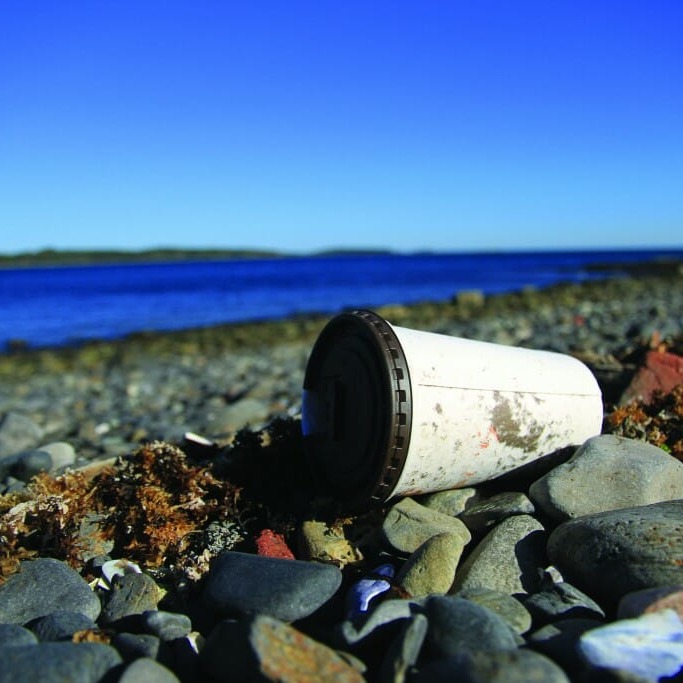

Our wasteful society: The annual global dollars spent on makeup could almost eliminate world hunger. (Bryn Karcha photo)
There are over 7 billion people on the planet who engage in consumption patterns never before seen in recorded history. Coupled with tremendous economic growth, albeit asymmetrical between the West and the rest, industrialized states of the global north have created an unhealthy reliance on fossil fuels. For over half a century, per capita consumption of natural resources has been increasing much faster than population growth. The carrying capacity of our planet has been surpassed, we are destroying the very biodiversity that sustains human life, and if our society continues on with current trends, we may very well reach a point of no return.
Talk about a huge problem.
Although developing states like China, India and Brazil have been experiencing increased economic growth and consumption levels, the economic disparity within and between countries is stark. According to Pamela Chasek in her book Global Environmental Politics, the 12 per cent of the world’s population that lives in North America and Western Europe accounts for 60 per cent of private consumption spending, while the one third living in South Asia and sub-Saharan Africa accounts for an abysmal 3.2 per cent of consumption spending.
Take the United States and Canada for example: with less than five per cent of the global population, our countries combined use approximately one quarter of the world’s fossil fuel resources. We have health care, a literacy rate closing in on 100 per cent, clean drinking water for all, and a system that nearly eliminates hunger and malnutrition—but at what costs?
According to the International Monetary Fund (IMF), the disparity in global wealth is so severe that an individual with $2,200 US would be in the top half of the world’s wealth distribution. One out of five people on this planet live on less than $1.25 a day, nearly one billion people lack access to safe drinking water, and according to the United Nations, double that amount live without basic sanitation. These numbers have fallen in the past two decades, but are still disturbing.
Equally distributing the very resources that have so selfishly been exploited by the global north can be done. According to the United Nations’ Millennium Development Goals Report, it is possible to provide adequate food and clean water for the world’s poorest populations for less than the West spends on makeup and pet food.
Annual global expenditure on makeup is $18 billion US. Reproductive health care for all women, which would go a long way towards curbing population growth in the most underdeveloped countries, would cost $12 billion. Expenditure on pet food in the U.S. and Europe alone is approximately $17 billion while the cost for eliminating hunger and malnutrition is estimated to be around $19 billion. For $2 billion more, which is equal to 0.29 per cent of the United States annual military budget, we can take one huge step towards ending this hunger pandemic. I’m not saying that the major developed states in the Western hemisphere don’t give emergency and development aid. They do—but not nearly enough to make any real progress.
Discourse on these pertinent issues exists, and with the United States elections right around the corner they have become an extremely hot topic. But in order for true change to occur, it is up to our generation to take on a paradigm shift in the way we see ourselves with the rest of our planet. The resources exist to rectify many of the biggest issues we face today. It’s just a matter of diverting our attention from what we think matters, to what truly matters. We are all interconnected, and if our western society doesn’t change its ways, the problems facing billions of people today may one day be our own.






